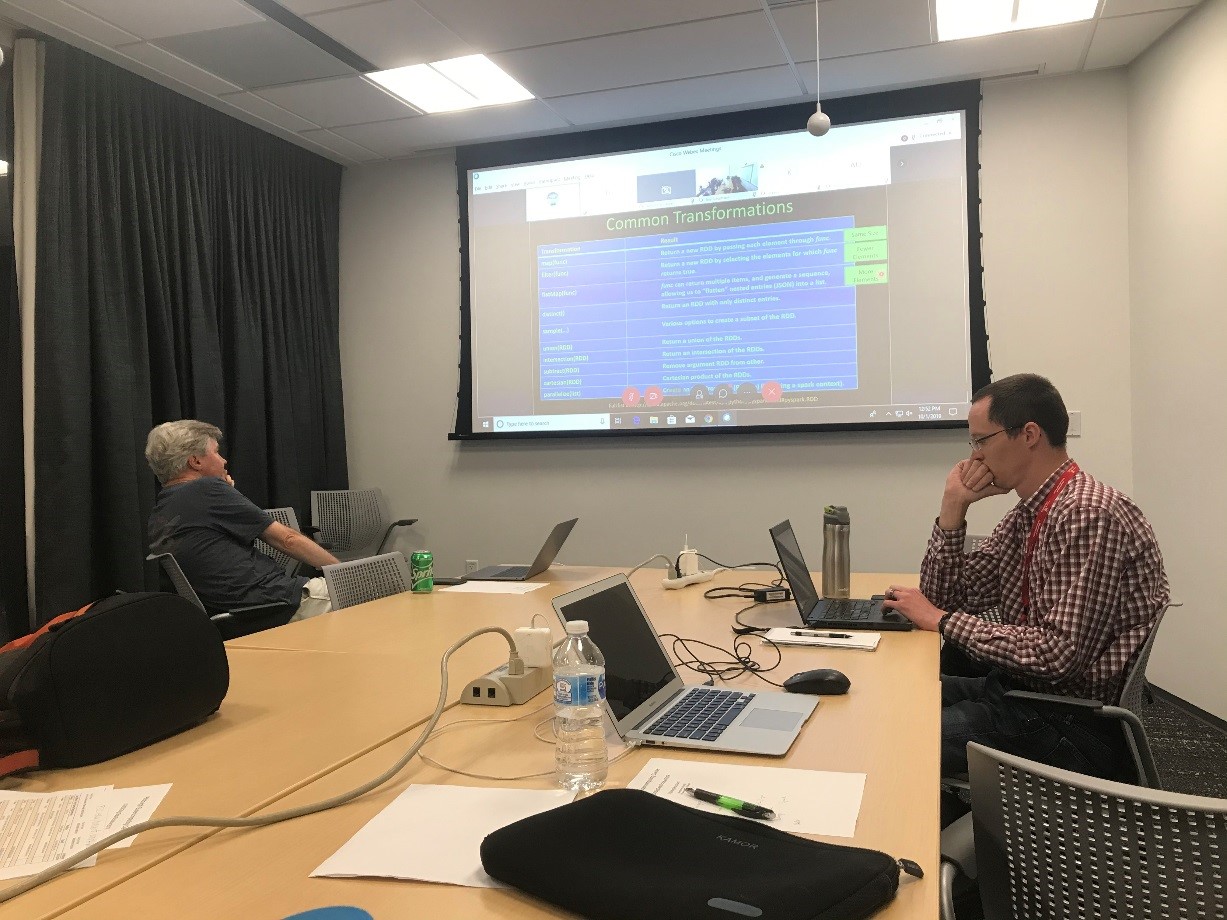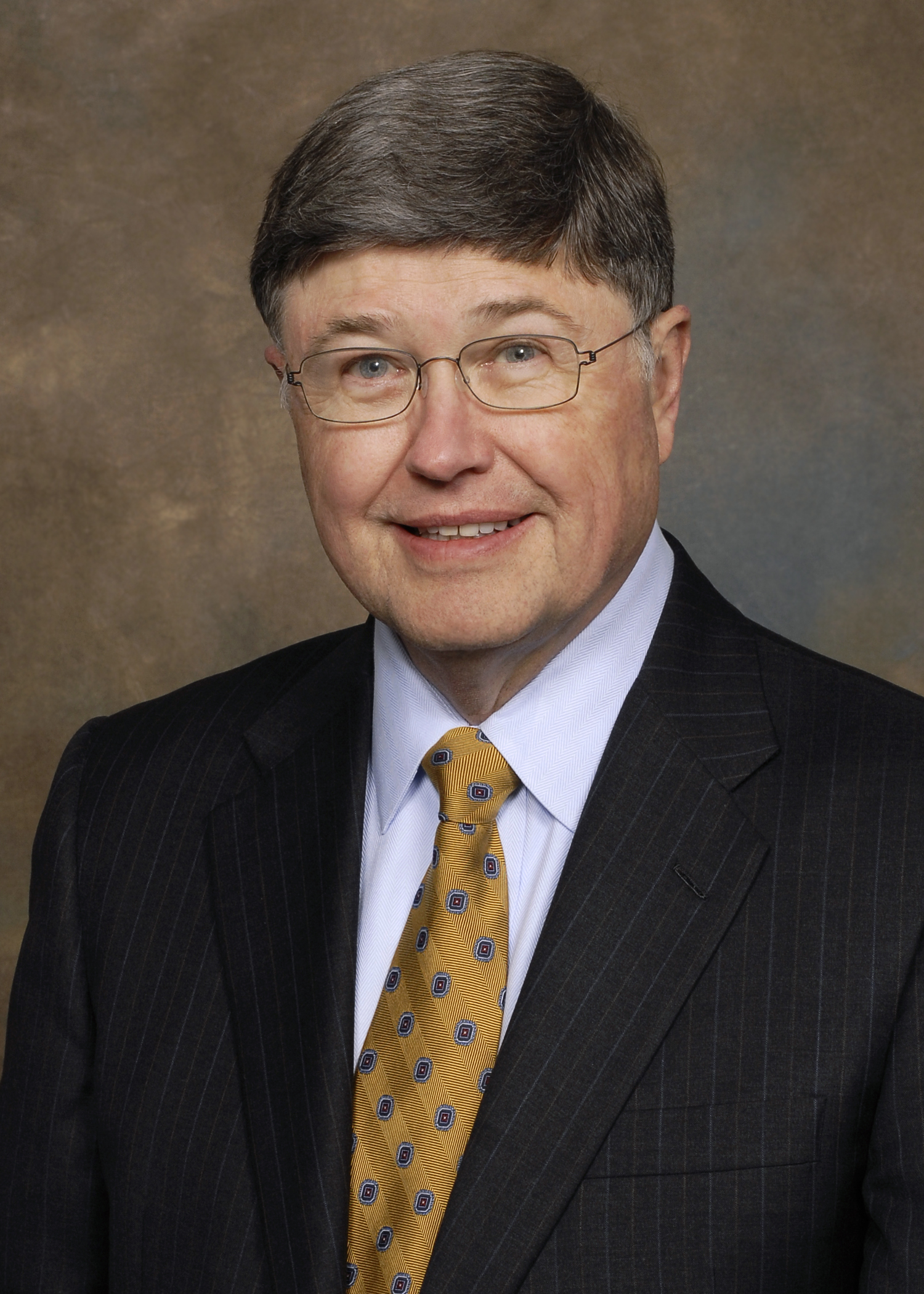 It is with great sadness that the Winkler Center reports the passing of John “Jack” McDonough. He died unexpectedly at his home in Tenants Harbor, Maine on November 7th. He was 77. Dr. McDonough was known for many things, but as chair of the Winkler Center’s advisory board he worked tirelessly on, and was a driving force behind, a number of successful initiatives. It was under his chairmanship that the Center for the History of the Health Professions was named for then UC president emeritus Henry R. Winkler. Dr. McDonough marshaled the advisory board to increase its fundraising role in addition to it advisory duties. He oversaw and encouraged increases in gift giving during his tenure with an emphasis on endowments for the Winkler Center. In addition, through his community contacts, he brought greater visibility to the Center and worked hard to truly diversify the advisory board. He oversaw the Winkler Center’s move from Wherry Hall to the Medical Sciences Building. And finally, he reinvigorated what has become a cornerstone of the Winkler Center and that is its over forty-year-old oral history program. “I’m saddened and shocked…Jack work[ed] hand in glove with me and others but never interfered in operational matters…he was a great guy and will be missed” remembered associate dean emeritus and former executive director of the Winkler Center, Steve Marine.
It is with great sadness that the Winkler Center reports the passing of John “Jack” McDonough. He died unexpectedly at his home in Tenants Harbor, Maine on November 7th. He was 77. Dr. McDonough was known for many things, but as chair of the Winkler Center’s advisory board he worked tirelessly on, and was a driving force behind, a number of successful initiatives. It was under his chairmanship that the Center for the History of the Health Professions was named for then UC president emeritus Henry R. Winkler. Dr. McDonough marshaled the advisory board to increase its fundraising role in addition to it advisory duties. He oversaw and encouraged increases in gift giving during his tenure with an emphasis on endowments for the Winkler Center. In addition, through his community contacts, he brought greater visibility to the Center and worked hard to truly diversify the advisory board. He oversaw the Winkler Center’s move from Wherry Hall to the Medical Sciences Building. And finally, he reinvigorated what has become a cornerstone of the Winkler Center and that is its over forty-year-old oral history program. “I’m saddened and shocked…Jack work[ed] hand in glove with me and others but never interfered in operational matters…he was a great guy and will be missed” remembered associate dean emeritus and former executive director of the Winkler Center, Steve Marine.
Dr. McDonough’s passion for medical history and the Winkler Center is now remembered with the likes of Saul Benison and Cecil Striker. It is the Winkler Center’s desire to everyday live up to the legacy he helped to establish.
The below statement was sent out by the Dean of the College of Medicine, Andrew Filak Jr., MD. on November 11th.

McDonough with Henry Winkler at the Center’s naming ceremony in 2009
Dr. McDonough was known for his integrity, professionalism, excellent technical skills and his patience and enthusiasm in teaching surgical residents. He received his medical degree from the College of Medicine in 1968. Besides his two years of military service in the U.S. Navy as a Lieutenant Commander and a yearlong fellowship, he spent his entire surgical career at UC. He joined the faculty as an assistant professor in 1975, became an associate professor in 1982 and then an associate professor emeritus in 2012.
A native of Cincinnati, Dr. McDonough completed his internship and surgical training at UC from 1968 until 1975. He then served in the U.S. Navy for two years, including a year aboard the aircraft carrier U.S.S. Constellation and teaching surgery at the Naval Medical Center San Diego. Dr. McDonough would spend another 14 years in military reserves. He joined the College of Medicine faculty after completing a fellowship in hand surgery at the University of Louisville in 1978.
Considered one of the region’s premier hand surgeons, Dr. McDonough was dedicated throughout his career to medical education. He served as General Surgery Residency Program Director from 1979 until 1986 and as a post-graduate education adviser from 1978 until his retirement in 2011. He was president of the Mont Reid Surgical Society from 1991 until 1994 and had been a member of that society for more than 35 years.
Dr. McDonough also served as a member of the University of Cincinnati Foundation Board for more than 15 years. He received the Foundation’s Trustee Award in 1995. He also served as president of the College of Medicine Alumni Association from 1994 until 1996. He endowed a Visiting Professorship in the Department of Surgery in honor of his parents.

McDonough speaking at the opening of the Center for the History of Health Professions and the Donald C. Harrison Health Sciences Library’s new space in the CARE/Crawley Building, November 2008
In 2012 the UC Board of Trustees approved naming the John J. McDonough, MD, Foyer in the Winkler Center for the History of the Health Professions. Dr. McDonough was dedicated to promoting the medical history of the college, UC Medical Center, university and Cincinnati community through his involvement with the Winkler Center. He joined the center’s Advisory Board in 1990 and served as chair from 2006 until 2013. It was through his efforts that the center, which was previously known as the UC Medical Heritage Center, was in 2009 named in honor of Henry Winkler, PhD. Dr. Winkler was chair of the center’s Advisory Board for 20 years and was president of the University of Cincinnati from 1977 until 1984.
Making use of his strong dexterity as a hand surgeon, Dr. McDonough was an avid miniature ship builder with a dedicated workshop in his home in Maine. When living in Cincinnati he also was very active with The Literary Club of Cincinnati. Dr. McDonough is survived by his wife, Barbara Aras. Following his wishes, there will be no service. Donations in his memory can be made to one of Dr. McDonough’s favorite projects, a K-8 school in an under-served community: St. George MSU Building Fund, 65 Main Street, Tenants Harbor, Maine 04860.

 It is with great sadness that the Winkler Center reports the passing of John “Jack” McDonough. He died unexpectedly at his home in Tenants Harbor, Maine on November 7th. He was 77. Dr. McDonough was known for many things, but as chair of the Winkler Center’s advisory board he worked tirelessly on, and was a driving force behind, a number of successful initiatives. It was under his chairmanship that the Center for the History of the Health Professions was named for then UC president emeritus Henry R. Winkler. Dr. McDonough marshaled the advisory board to increase its fundraising role in addition to it advisory duties. He oversaw and encouraged increases in gift giving during his tenure with an emphasis on endowments for the Winkler Center. In addition, through his community contacts, he brought greater visibility to the Center and worked hard to truly diversify the advisory board. He oversaw the Winkler Center’s move from Wherry Hall to the Medical Sciences Building. And finally, he reinvigorated what has become a cornerstone of the Winkler Center and that is its over forty-year-old oral history program. “I’m saddened and shocked…Jack work[ed] hand in glove with me and others but never interfered in operational matters…he was a great guy and will be missed” remembered associate dean emeritus and former executive director of the Winkler Center, Steve Marine.
It is with great sadness that the Winkler Center reports the passing of John “Jack” McDonough. He died unexpectedly at his home in Tenants Harbor, Maine on November 7th. He was 77. Dr. McDonough was known for many things, but as chair of the Winkler Center’s advisory board he worked tirelessly on, and was a driving force behind, a number of successful initiatives. It was under his chairmanship that the Center for the History of the Health Professions was named for then UC president emeritus Henry R. Winkler. Dr. McDonough marshaled the advisory board to increase its fundraising role in addition to it advisory duties. He oversaw and encouraged increases in gift giving during his tenure with an emphasis on endowments for the Winkler Center. In addition, through his community contacts, he brought greater visibility to the Center and worked hard to truly diversify the advisory board. He oversaw the Winkler Center’s move from Wherry Hall to the Medical Sciences Building. And finally, he reinvigorated what has become a cornerstone of the Winkler Center and that is its over forty-year-old oral history program. “I’m saddened and shocked…Jack work[ed] hand in glove with me and others but never interfered in operational matters…he was a great guy and will be missed” remembered associate dean emeritus and former executive director of the Winkler Center, Steve Marine.

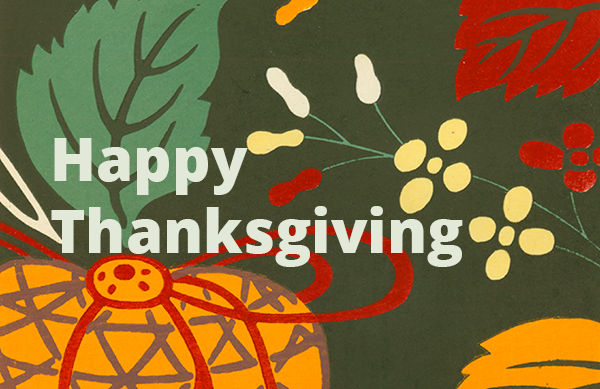 UC Libraries will be closed Thursday, November 28 and Friday, November 29 for Thanksgiving, with the exception of the
UC Libraries will be closed Thursday, November 28 and Friday, November 29 for Thanksgiving, with the exception of the 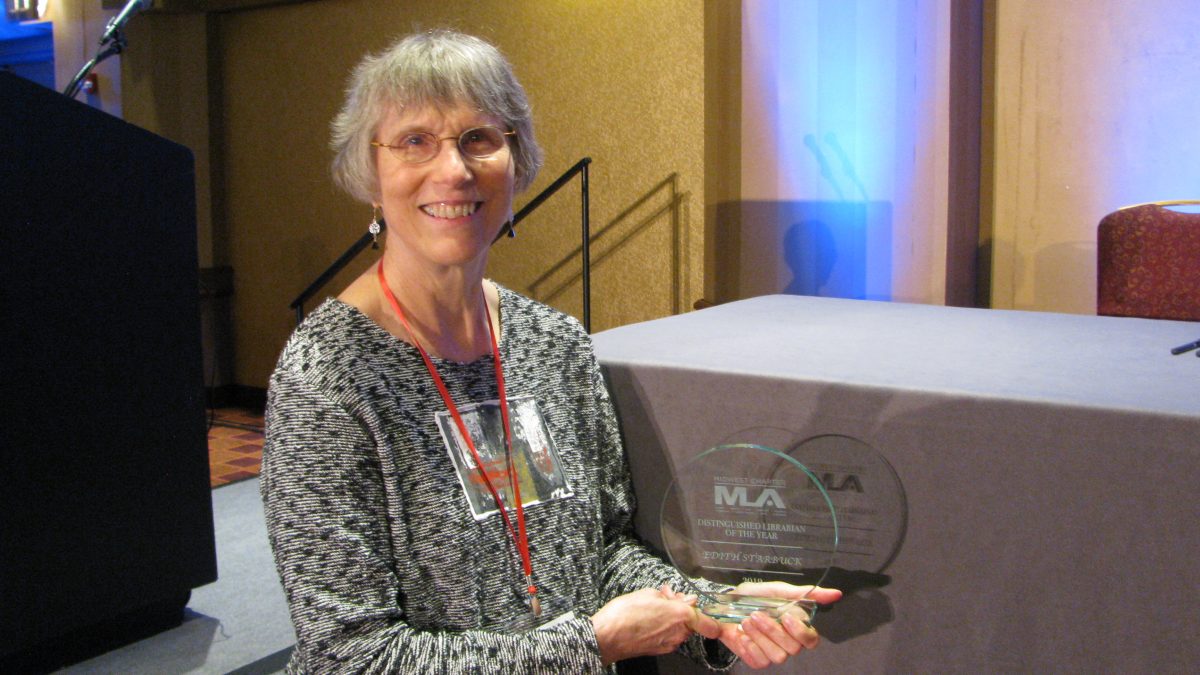
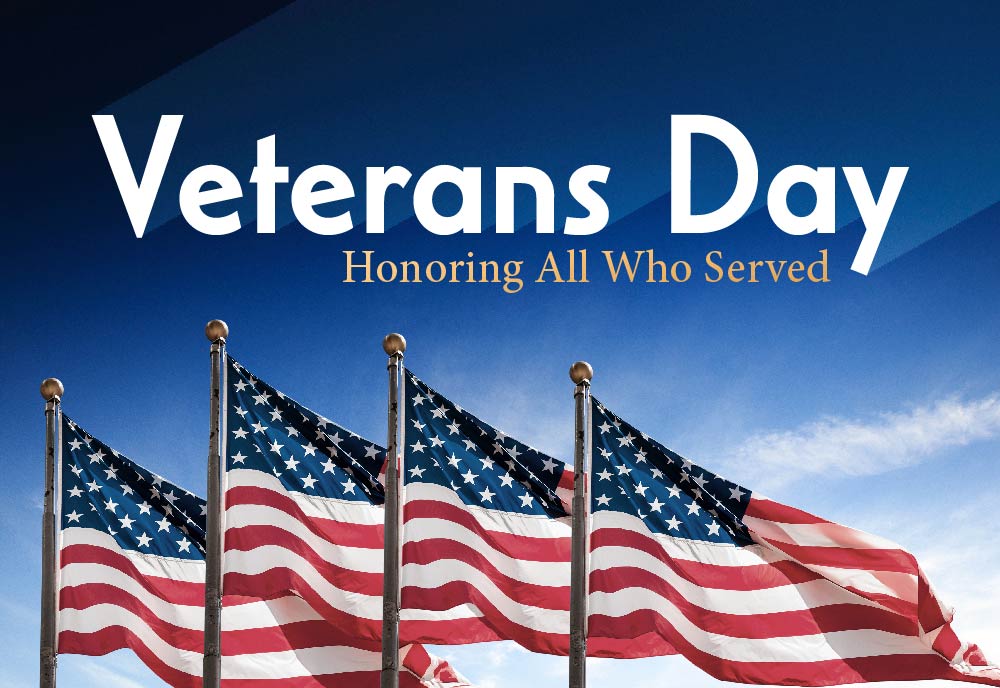 UC Libraries will be closed Monday, Nov. 11 in observance of Veterans Day, except for the Donald C. Harrison
UC Libraries will be closed Monday, Nov. 11 in observance of Veterans Day, except for the Donald C. Harrison 